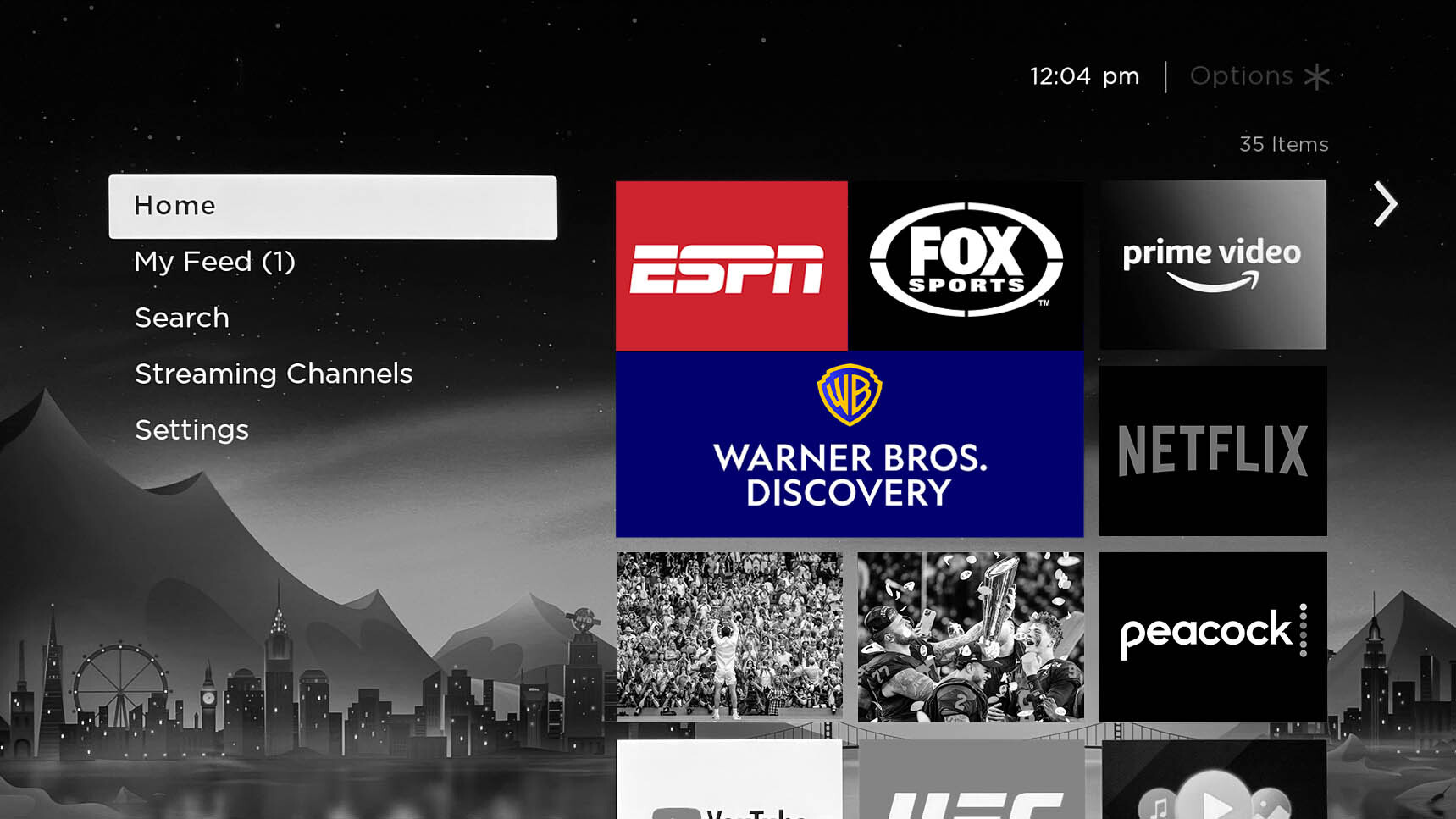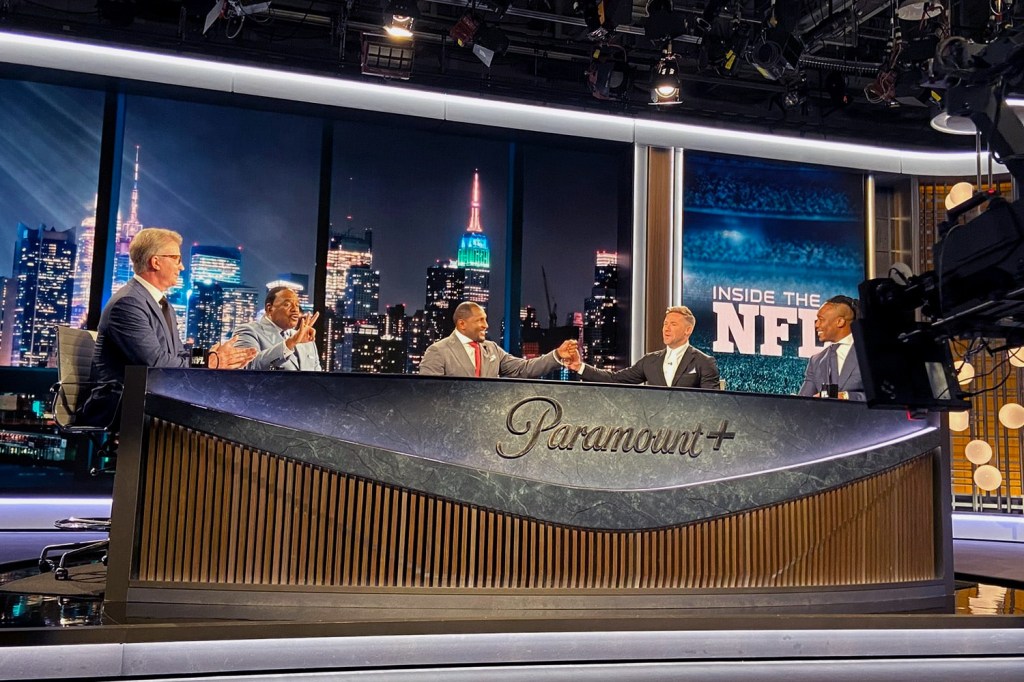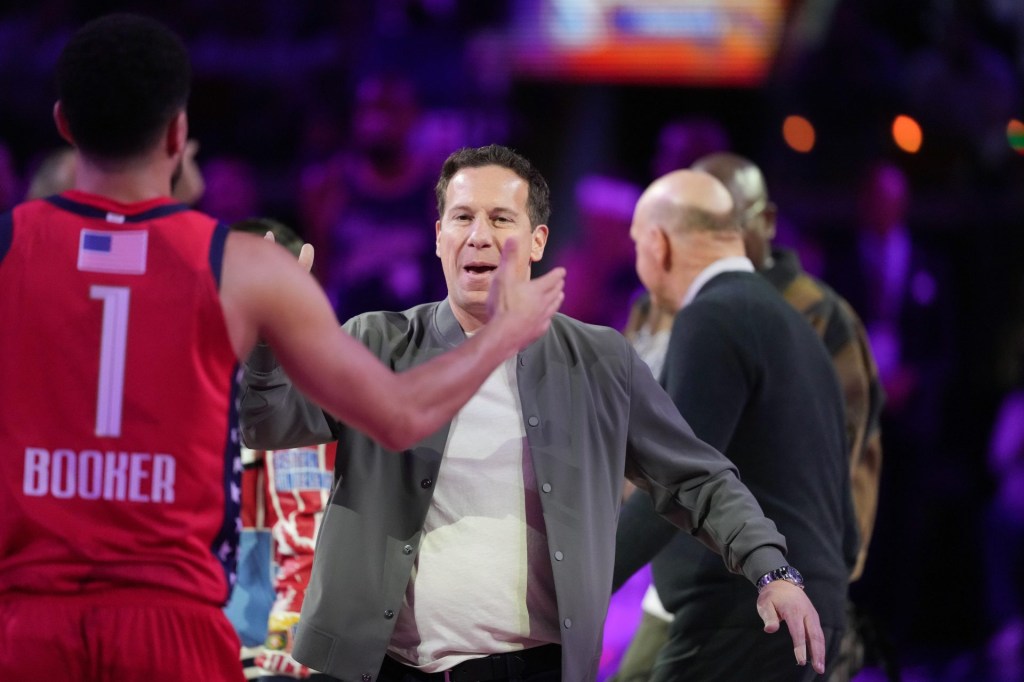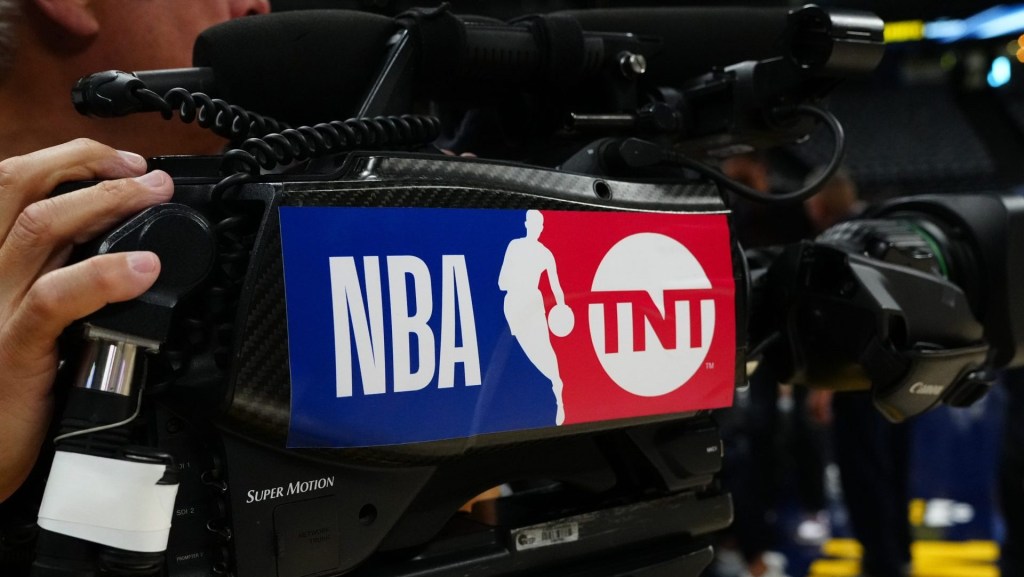The hits are still coming for the streaming joint venture between ESPN, Fox, and Warner Bros. Discovery, which is still four months away, at minimum, from its intended public debut.
With the much-discussed project already facing continued questions from sports leagues, a U.S. Justice Department inquiry on antitrust grounds, a lawsuit from FuboTV, and tempered expectations from Fox Corp. CEO Lachlan Murdoch, two high-powered Congressmen are the latest to pile on the still-nascent effort.
Rep. Jerry Nadler (D., N.Y.) and Rep. Joaquin Castro (D., Texas) have written a letter to Murdoch, Disney CEO Bob Iger, and WBD CEO David Zaslav, demanding answers to 19 questions regarding the details of how the forthcoming service will present itself to both consumers and leagues. Within the extensive series of questions is a broad concern by the two legislators that the streaming product will create a series of negative effects across the industry. The pair have set an April 30 deadline for a response, which they also intend to have sent to the Justice Department.
“Without more complete information about the pricing, intent, and organization of this new venture, we are concerned that this consolidation will result in higher prices for consumers and less fair licensing terms for upstream sports league and downstream video distributors,” Nadler and Castro said.
The letter highlights what is still a growing confusion around the streaming alliance—nicknamed “Hulu for Sports” or “Spulu”—depending on the party speaking. Some have dismissed the venture as largely a non-event and something not appealing to many fans, since it will leave out roughly half of NFL games, the Olympics, and a significant amount of college sports, men’s pro soccer, golf, tennis, and horse racing, among other sports, given the lack of involvement by CBS Sports, NBC Sports, Amazon, and Apple. The service also still lacks a formal name, pricing, or a definitive working agreement among the three partners.
Others, such as Nadler and Castro, similar to FuboTV and the Justice Department, are taking a different approach and are raising concerns about squeezing out various entities through consolidated and anticompetitive market power.
“As programmers, your companies exert tremendous influence over pricing across the live TV ecosystem,” the lawmakers said.





![[Subscription Customers Only] Jul 13, 2025; East Rutherford, New Jersey, USA; Chelsea FC midfielder Cole Palmer (10) celebrates winning the final of the 2025 FIFA Club World Cup at MetLife Stadium](https://frontofficesports.com/wp-content/uploads/2026/02/USATSI_26636703-scaled-e1770932227605.jpg?quality=100&w=1024)











